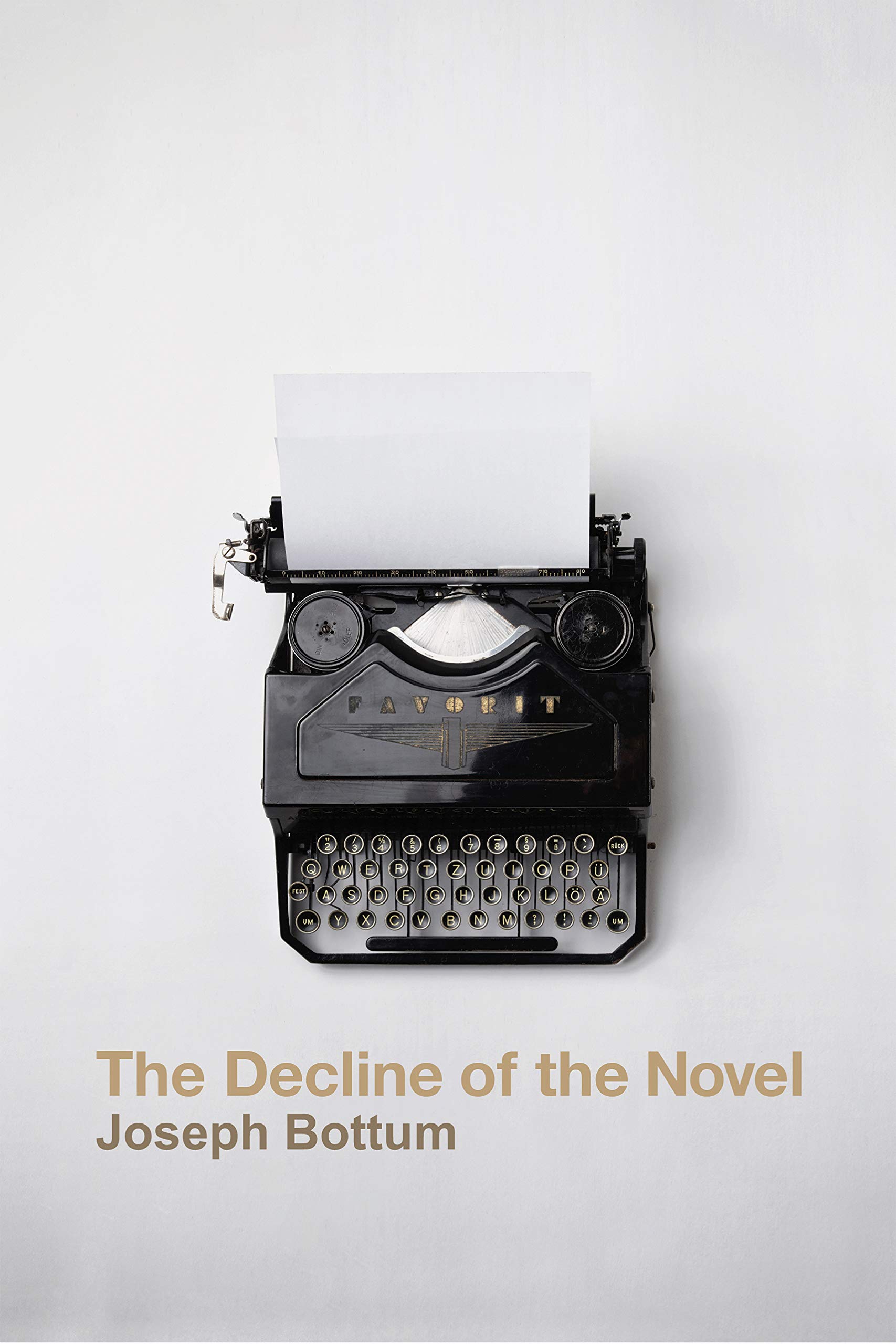'the decline of the novel'
November 19, 2019
 A lifetime of reading has led Dr. Joseph Bottum to create his sixth authored book, The Decline of the Novel.
A lifetime of reading has led Dr. Joseph Bottum to create his sixth authored book, The Decline of the Novel.
The depth of learning he gained by reading 200 to 300 books a year has brought him to the conclusion that the novel is “the art form by which, more than any other in the modern age, we tried to explain ourselves to ourselves,” Bottum said.
As the central art form of civilization for almost 300 years, it was expected that learned people would need to read novels to be considered participants in public intellectual life, he stated.
“This is not the case anymore. You can be a perfectly literate person and not have read the latest novel.”
Reading in and of itself is not on the decline. In fact, “the demand for literacy in the digital age is extremely high,” said the director of the Classics Institute at Dakota State University. He notes the growth of mystery and other kinds of genre fiction, and points out “we are living in a golden age of genre fiction.” In addition, good, high novels are still being written, he said, but they are not being read the way they used to. People who read them now read them as a hobby.
In the modern age, “people don’t believe there is a solution, so they don’t look to the novel to provide that answer,” he said. Also, “people don’t believe in the instruments of the modern age the way they used to: things such as science, capitalism, the industrial revolution, the modern nation-state, even Protestant Christianity as advanced religion—all the movements Max Weber called the elective affinities that joined to give birth to modern times,” he stated. The decline of the novel is a symptom, not a cause, of the failure of nerve in the present age, he stated, citing the cultural ambition required to create good novels and the enduring fame of such iconic early genre-fiction figures as Dracula and Sherlock Holmes.
Novels emerged out of Renaissance roots with Miguel de Cervantes’s Don Quixote. But the real shape of the modern novel was born in 18th century England, with such books as Samuel Richardson’s Clarissa, Daniel Defoe’s Robinson Crusoe, and Henry Fielding’s Tom Jones.
Bottum’s new book “is the most learned thing I’ve ever written,” he said, but “I like to think it wears its learning lightly.”
It is now available through St. Augustine Academic Press.
